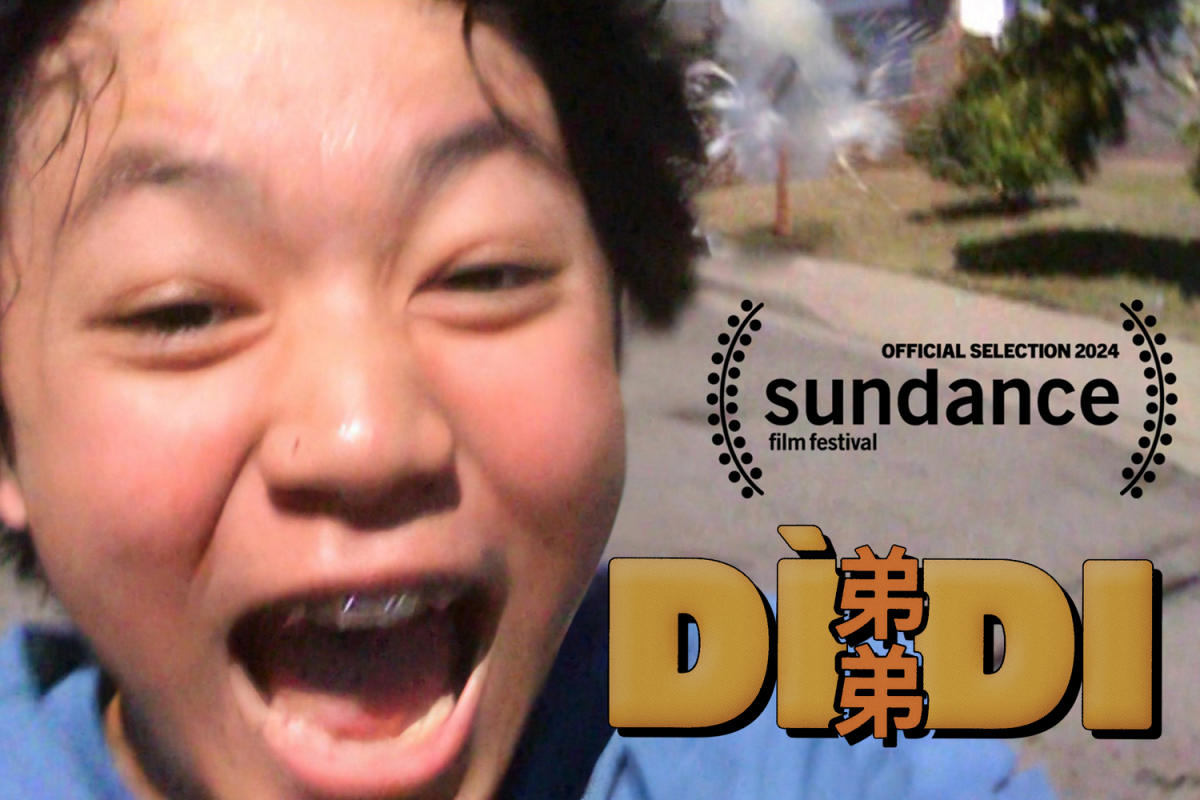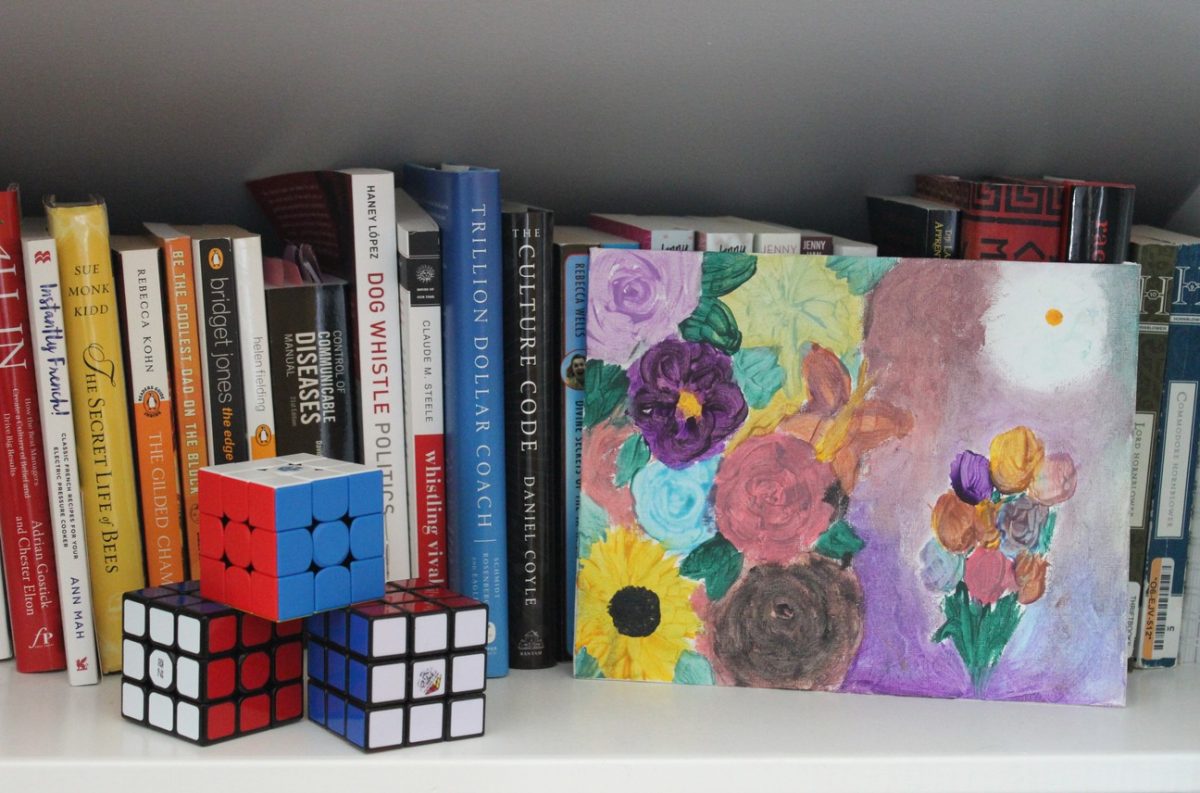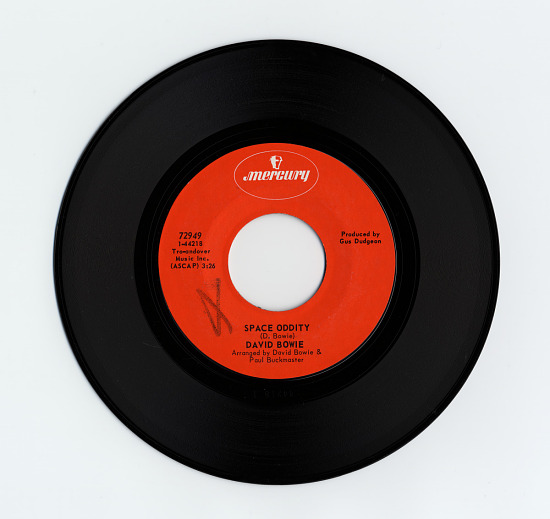Turning 13 years old takes a lot of being cool.
Skateboarding, kissing girls and filming Youtube videos isn’t something you can learn from your mom. Not from your sister. Or your grandma. Sometimes not even from your best friends. Chris Wang, a Taiwanese American boy who goes by the nickname “Wang-Wang” with his friends, is going to be a freshman at Fremont Springs High School. And he needs to make sure he’s got his game together. He’s (almost) got a girlfriend, he (sort of) won a fight, and he (kind of) knows how to make new friends on the fly. What could he possibly lose?
Dìdi is a wonderfully nostalgic coming-of-age story that illustrates what it’s like to be growing up in the awkward flux between MySpace, Facebook, hanging with the right people, digital cameras, pretending to hate your mom and feeling alone. Directed and written by award-winning filmmaker Sean Wang, the story reflects a part of Wang’s life that he wouldn’t define as autobiographical but instead “a very personal story.” (IMDB)
Right away, the film captures your eye by inviting you into Wang’s life. Shaky camera movements of a camcorder recording Wang’s grandmother quietly hanging laundry and speaking (played by the director’s grandmother) soon shift to Chris himself, who records himself running away, loudly screaming and laughing as a mailbox explodes behind him and his friends. A series of various digital video files are shown, all of which are memories captured by Wang himself. However, whether Wang decides to keep these memories alive later depends on if his cursor decides to click on the condescending, irreversible “delete” button.
But why delete these memories? Things begin to take more negative twists and turns as the movie continues. Ten minutes later from when he’d been excitedly messaging a girl named Madi back, Wang is then shown hovering his computer cursor over the “block” button after a flustered, embarrassing scene at the park earlier that night. He’d missed every movie trivia question she had asked him while sitting alone on the slide next to her, and he seemed to realize his quick lies wouldn’t carry him for long. And although his friends glorified the idea of sexual attraction, Wang found himself feeling consumed and overwhelmed by the pressure to feel that same excitement.
This film tackles the subject of peer pressure in a powerful way. Sean Wang’s writing steals your breath away at Wang’s attempts to fit in, especially with ill-fitting advice from his friends. When some of that poor advice backfires, it’s a literal feeling of awkward realization that hits both you and Wang in the moment.
Additionally, the film is unafraid to feature the more difficult sides of Wang’s middle school experience in 2008, including facing harsh jokes from friends and casual yet more blunt racism in the dialogue from many of the teenage kids. “You know, you’re cute for an Asian,” Madi said, sitting next to Wang on the slide. He stared back silently, sinking in negative implications of what she had said, before accepting the questionable “compliment.” Wang’s writing doesn’t hesitate to show the audience a raw reality — even though the story is still fictional.
Rather than “Chris” or “Wang-wang” as his friends call him, Wang’s mother refers to him as “Dìdi.” She plays a leading role as contrast against Wang’s character. He’s desperate for social acceptance and modernity through the lies he tells through his teeth, and partially fuels his passion for creating videos. Meanwhile, his mother is a painter and takes her time more slowly in life. Serving them home cooked traditional Taiwanese dishes and sending them to one of the neighbor’s homes to learn Mandarin each weekend, their mother tries her best to encourage their family culture and language to Wang and his sister, Vivian. However, both children eagerly instead search for their place in a very American structured society, wanting to be known as more than how others perceive them upon a first glance.
At the end of the film, Wang seems to lose everything. He loses his sister, he loses his conversations with his grandmother, he loses the skating buddies he made and he loses himself. However, after running away, he returns home, where he finds his mother reading in bed by herself. The house is nearly silent as he walks in.
“Are you ashamed of me?” he had asked.
“Not ashamed. Proud,” she replied, smiling.
As the final credits rolled for this film, I felt an inspired, but sickly, bittersweet feeling after the finale. Told through the eyes of a kid who’s at his lowest, while still making the memories of a lifetime, the cinematography highlights his failures through duller, darker tones, and brighter, more saturated colors during his moments of friendship. I felt humbled by the reminder of my own middle school experiences and would like to rewatch Dídi once I feel ready again.
Entering high school offers an opportunity of growth and redemption for Wang, as it does for many. I would highly recommend this movie to anyone who enjoys a personal story that takes the time to hit close to home. There are uncomfortable moments, but that’s what teenage years feel like — uncomfortable and unknown.
Your darkest moments don’t define you. But learning how to walk through open doors gives you the chance to be more than thirteen years old. It gives you the chance to be more than what you’ve lost.










